Is homeownership a goal of yours? It does offer some benefits, in addition to meeting your basic need for shelter. The equity you build in your home can be a valuable financial asset, and you may get to deduct your interest payments on your taxes. But if you’re a first-time homebuyer, what steps should you take?
First, make sure the time is right for you in terms of your personal and financial situations. For example, are you fairly confident that your employment is stable and that your earnings won’t decline? Of course, external events can also play a role in your decision. A recent study by Morning Consult and Edward Jones found that 12% of respondents postponed purchasing a house during the COVID-19 pandemic.
But if you’re ready and eager for homeownership, consider the following moves:
· Save for a down payment. The more money you put down for a home, the lower your monthly payments, although there’s also a point at which overly large down payments can be financially unwise. However, if you can make a down payment of more than 20% of the purchase price, you can generally avoid having to pay for private mortgage insurance on top of your monthly payments. Also, as a first-time homebuyer, you might qualify for down payment assistance from your local or state housing authority or a nonprofit group.
· Check your credit score. A higher credit score gives you a better chance for a lower interest rate. You can request a credit report from annualcreditreport.com, and you might be able to get a credit score for free from your bank. If you need to improve your score, you may want to delay your home purchase.
· Learn how much you qualify for – and how much you should spend. Once you think you’re ready to begin the home-purchasing process, you may want to contact a few lenders to determine the size of the mortgage for which you qualify. Be aware, though, that just because you can get a mortgage of a certain amount, does not necessarily mean that you should. You don’t want to become “house poor” – that is, you don’t want to spend so much on the house payments that you are cash strapped and can’t afford to save for other goals, such as college for your children or a comfortable retirement. You may want to establish a budget for how much you can readily afford to pay for your mortgage each month – and try sticking to it before you buy the house. If you have extra savings, put it toward your down payment.
· Prepare for unexpected costs. You can plan for your mortgage, utilities, taxes, and insurance – but when you own a home, you’ll always encounter unexpected costs. You may need to get a new furnace, repair your roof or face any number of other maintenance issues. To help prepare for these costs, try to build an emergency fund containing three to six months’ worth of living expenses, with the money kept in a liquid, low-risk account. Without such a fund, you might be forced to dip into your long-term investments or take on added debt to pay for these unanticipated expenses.
Homeownership can be a rewarding experience – and the rewards will even be greater when you’ve “done the numbers” and prepared yourself financially.
This article was written by Edward Jones for use by your local Edward Jones financial advisor. Edward Jones. Member SIPC.

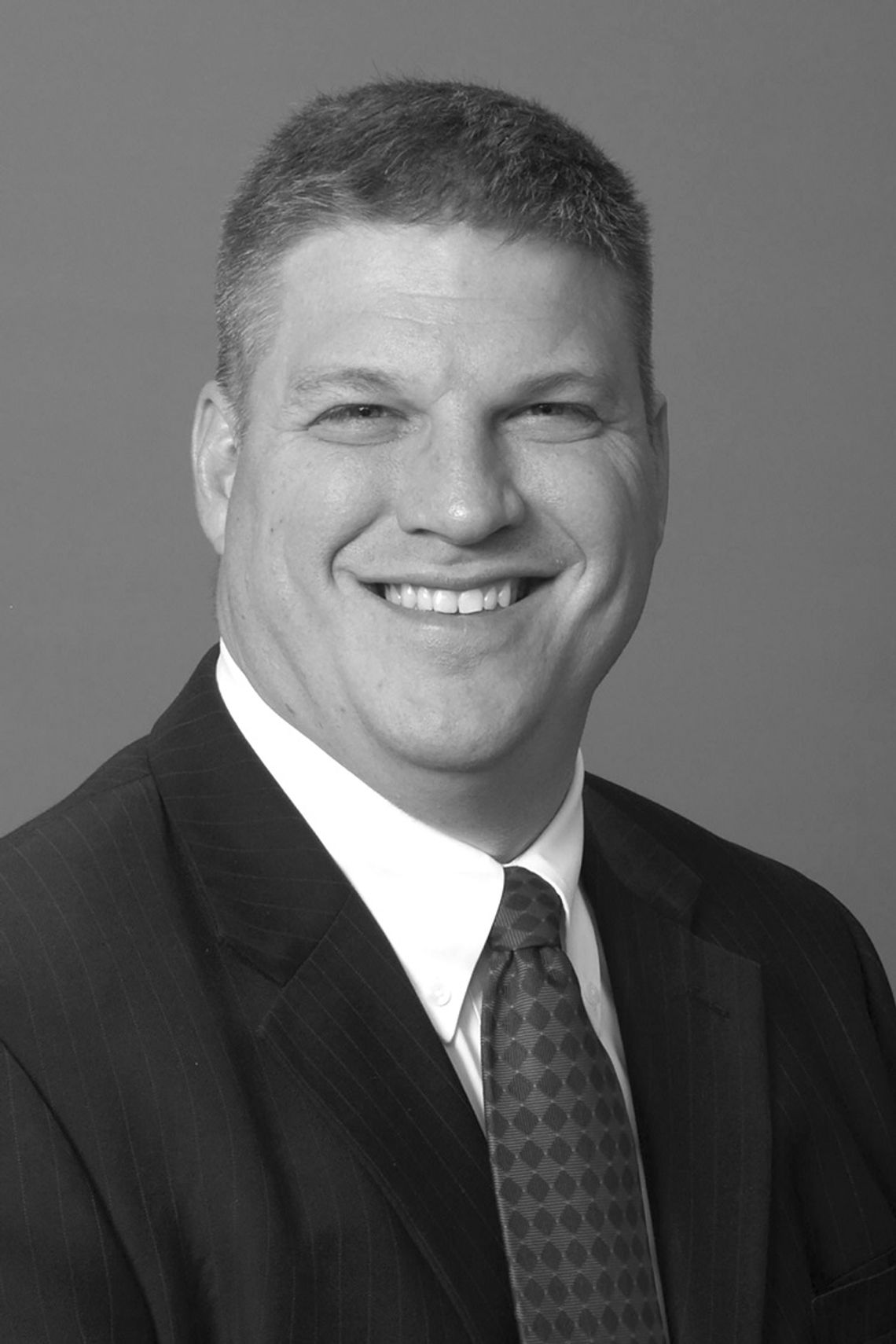
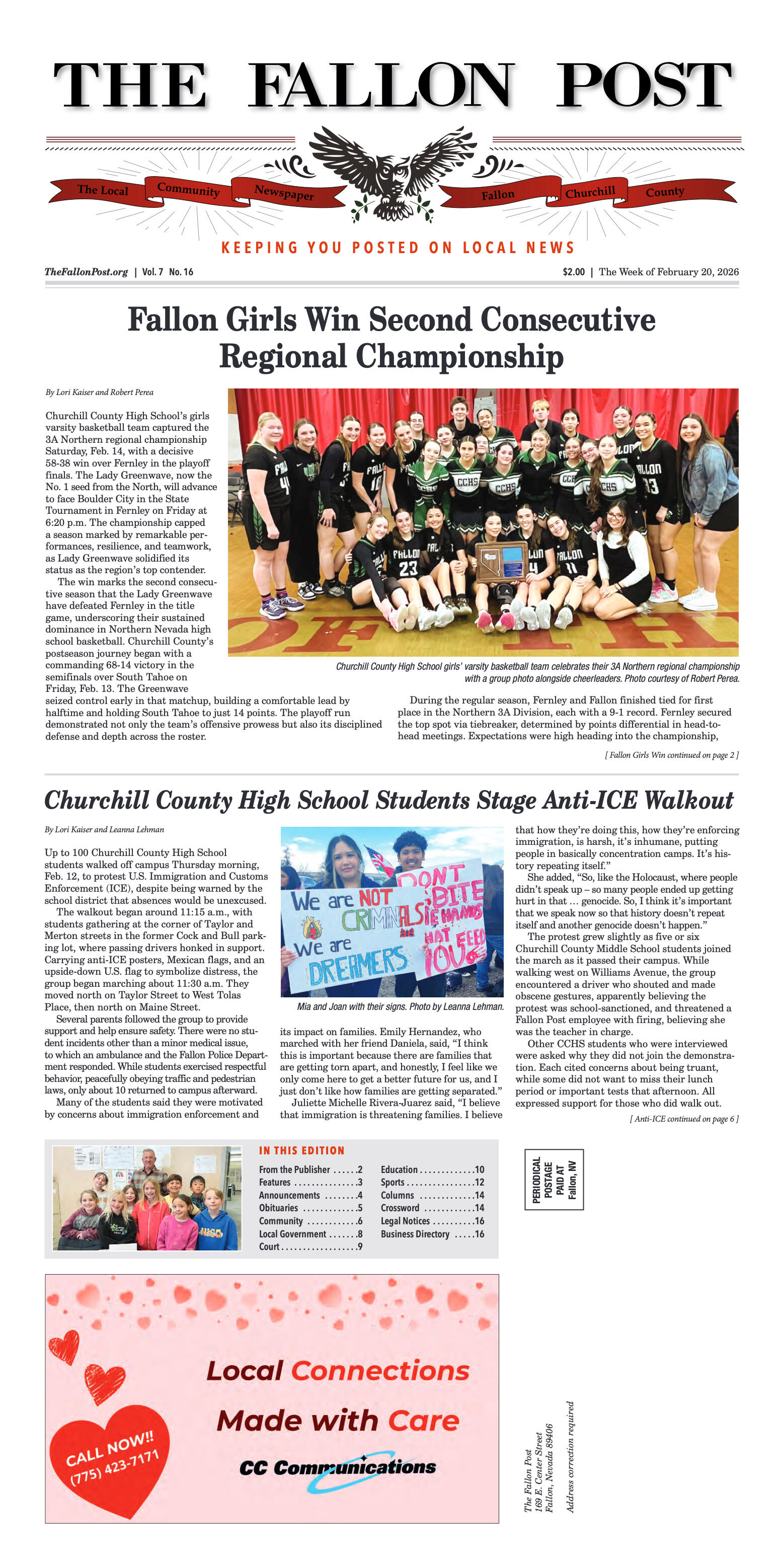
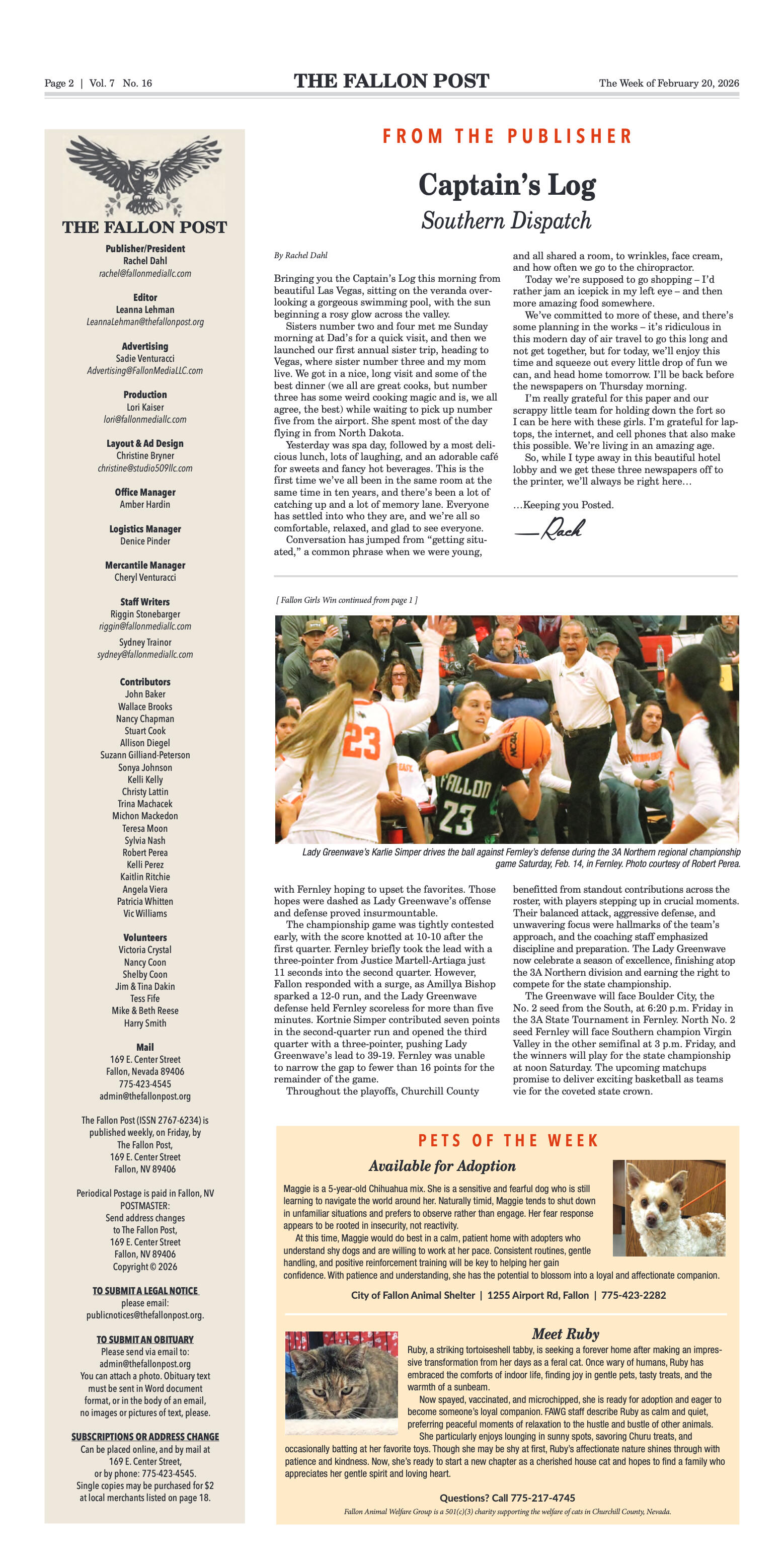

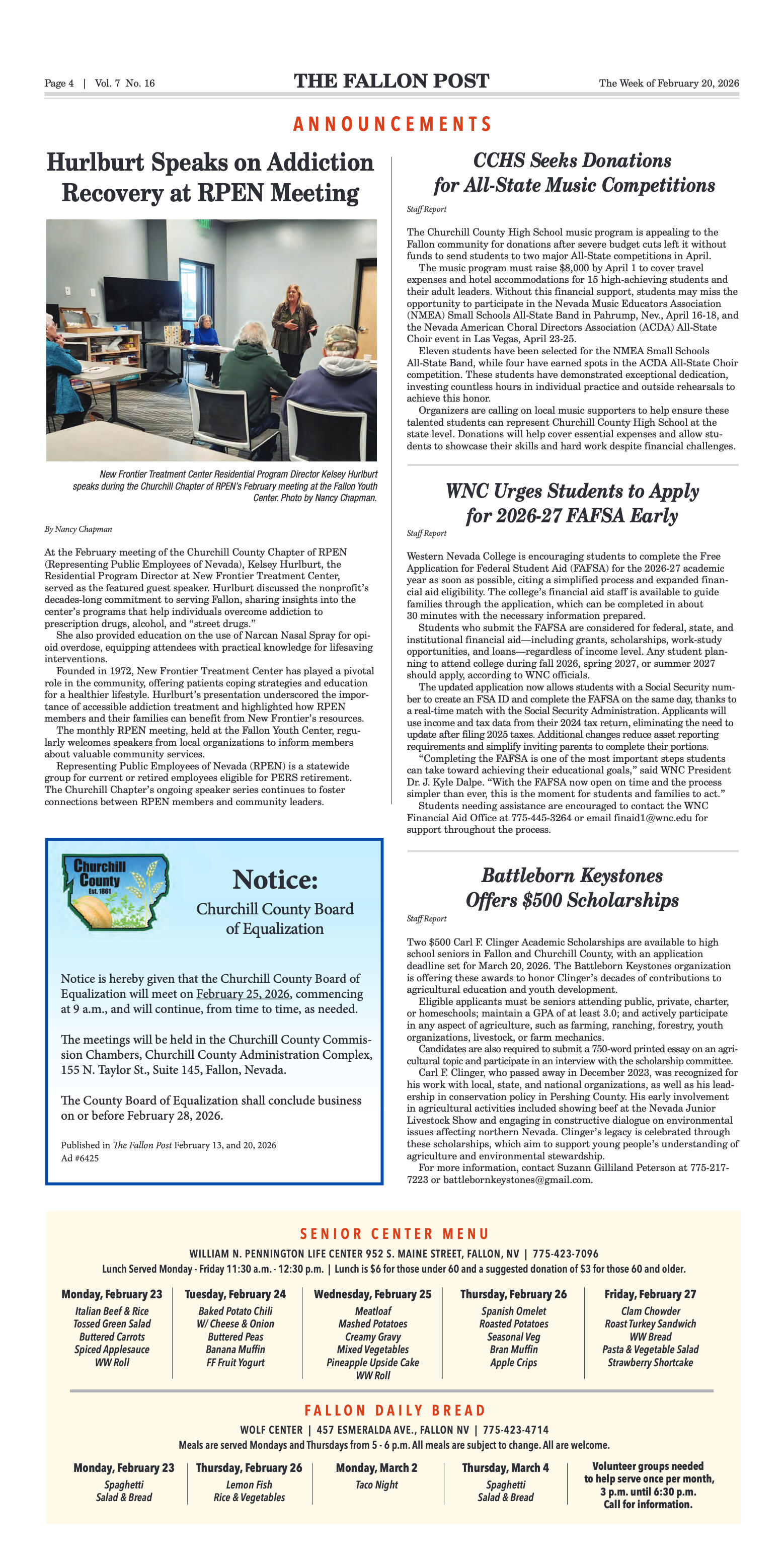
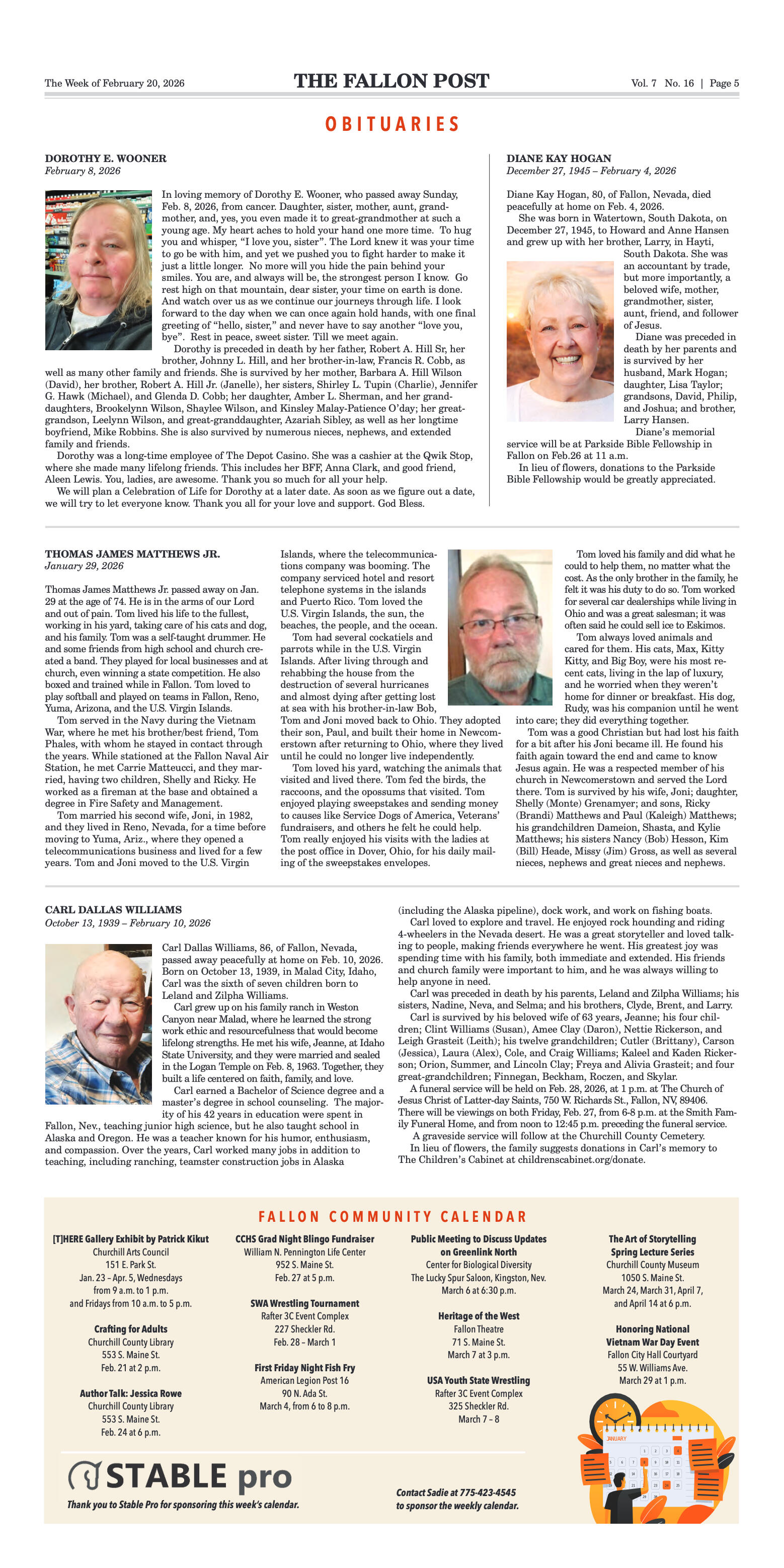
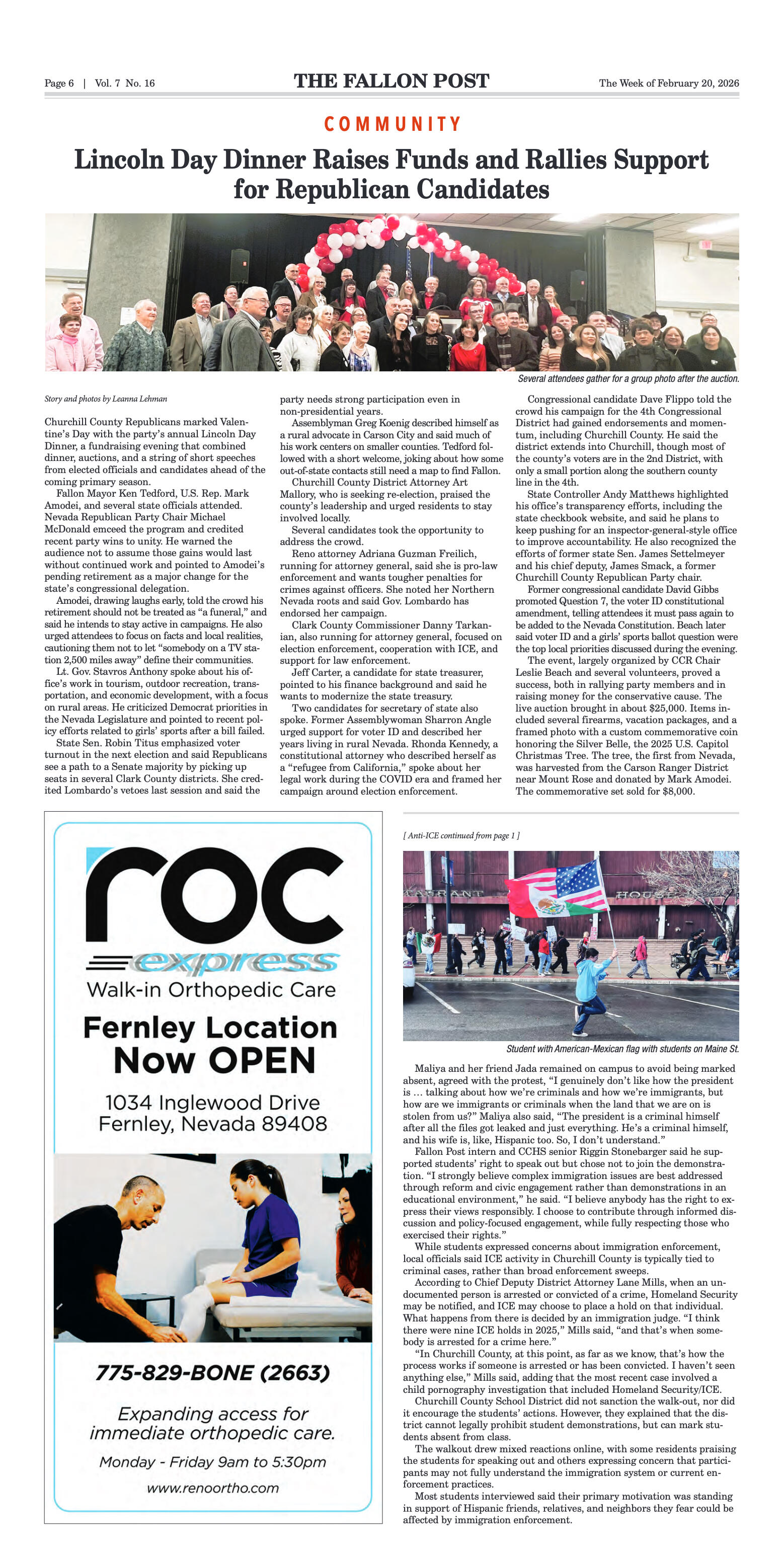


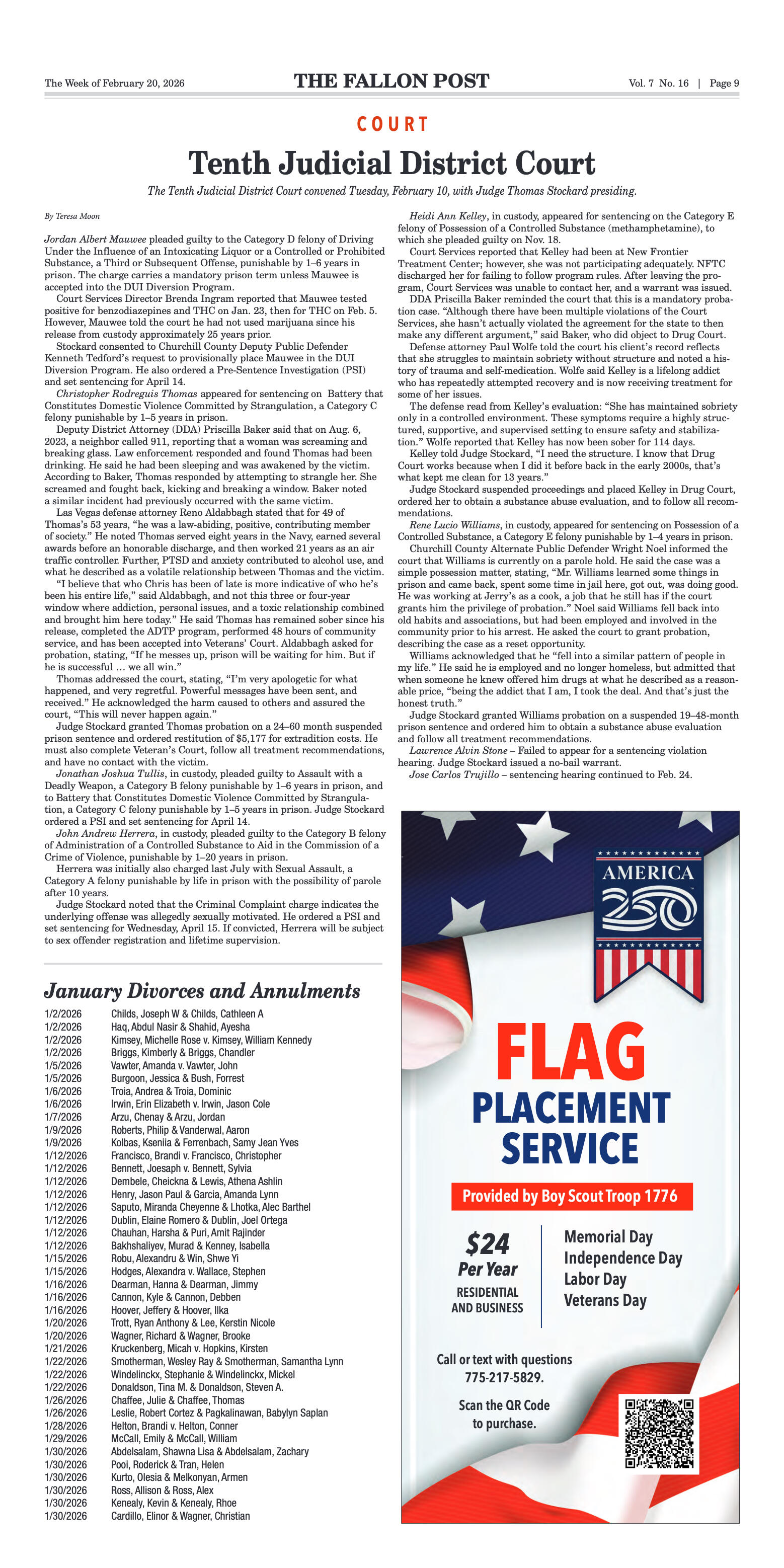
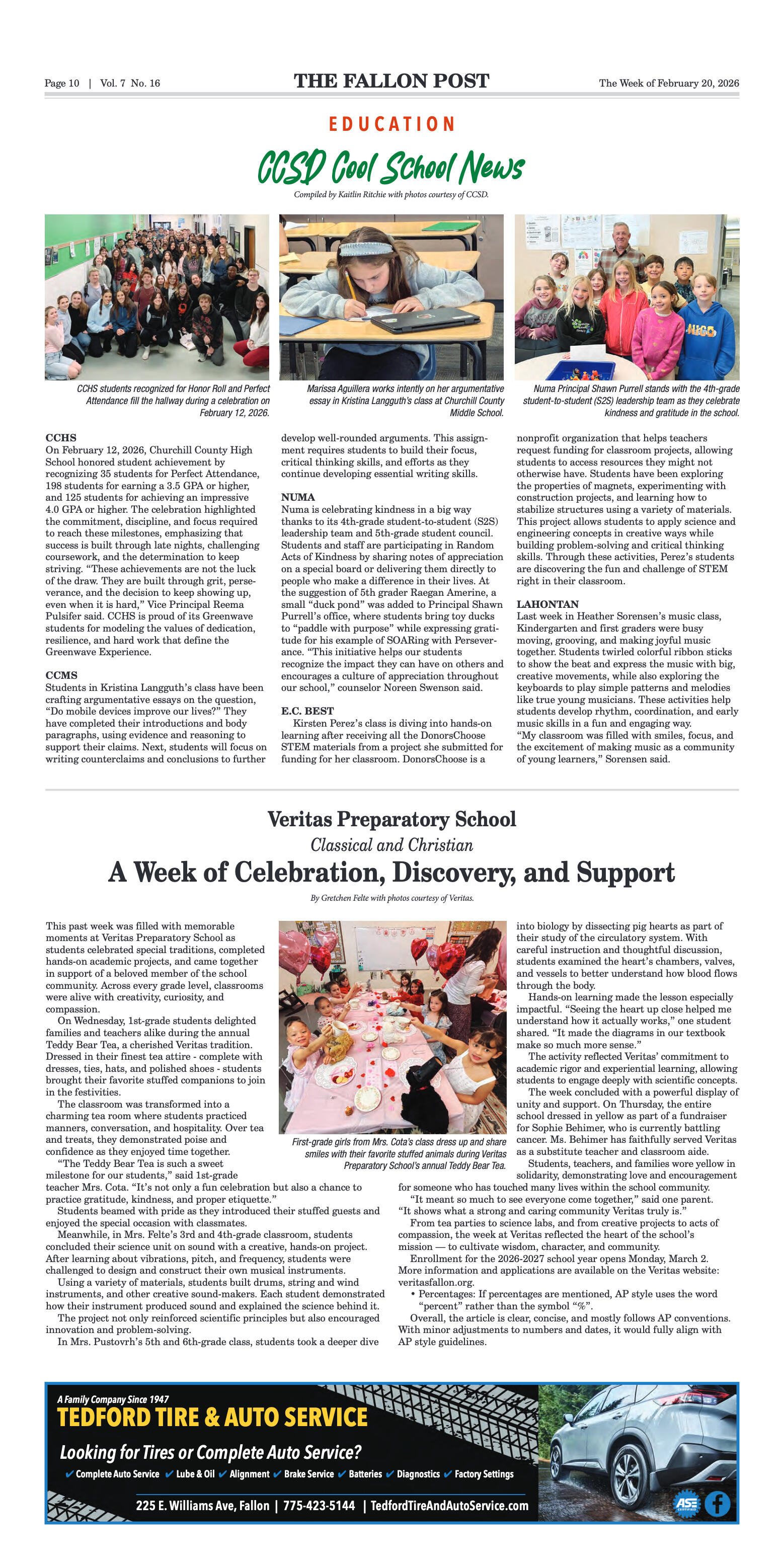





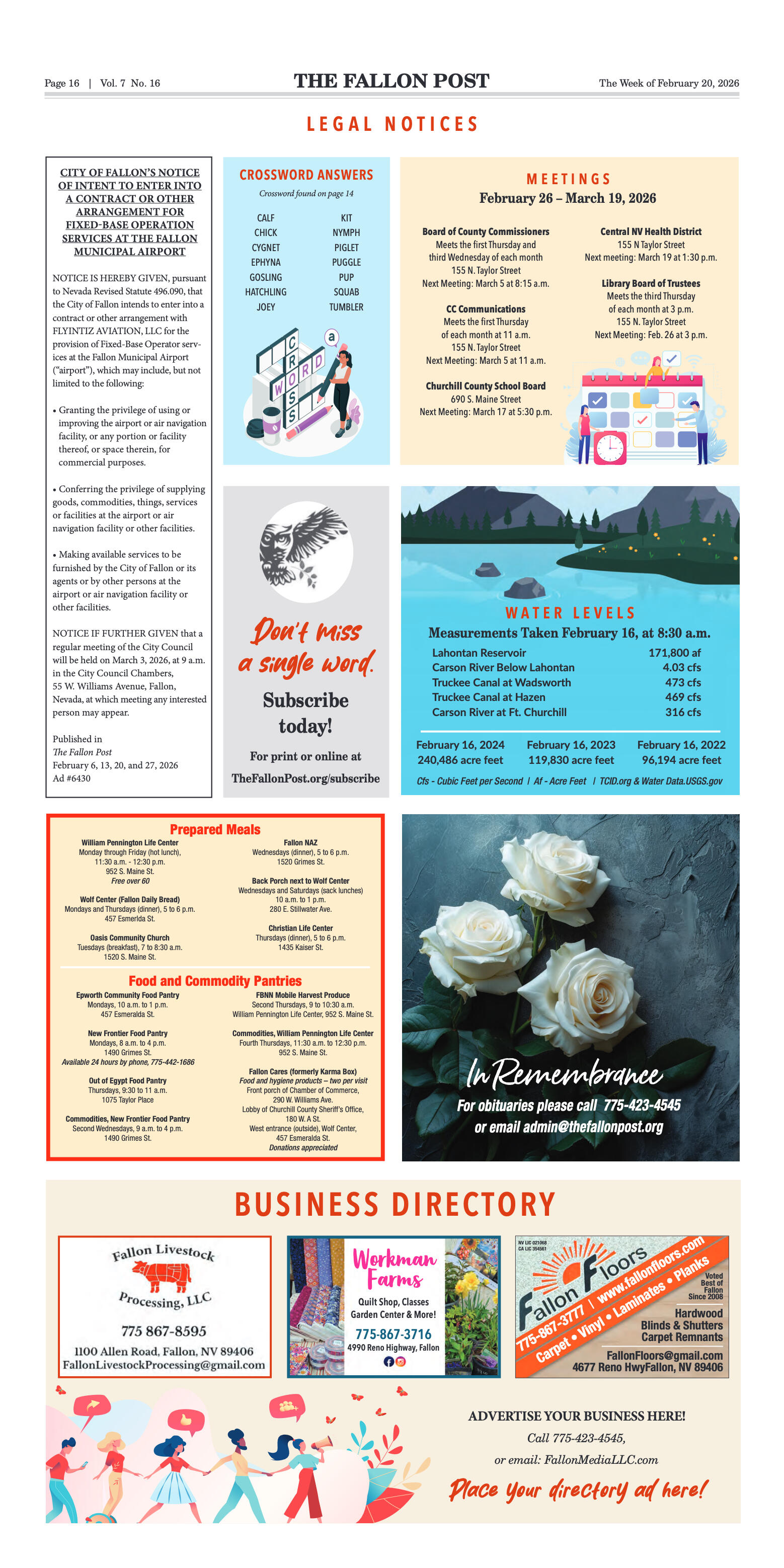


























Comment
Comments